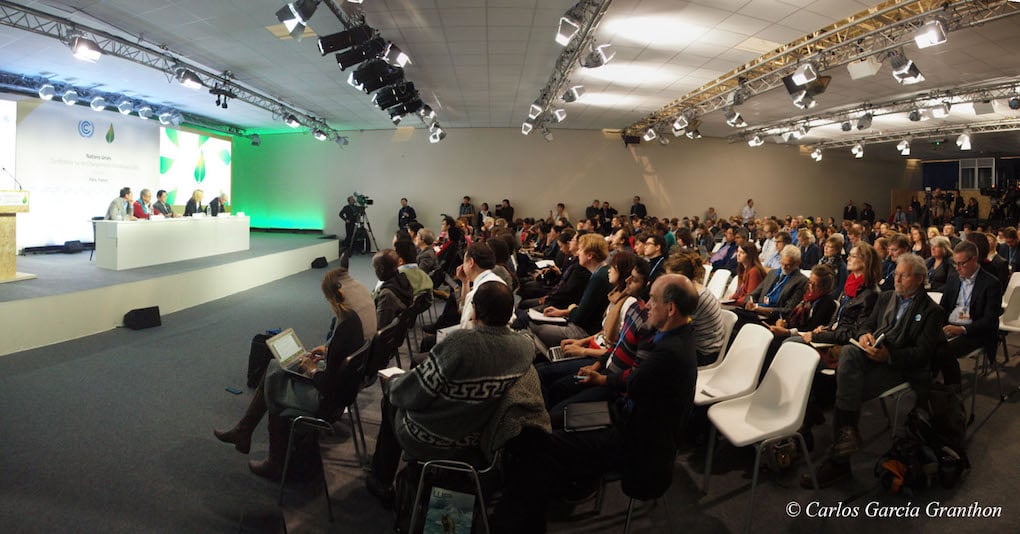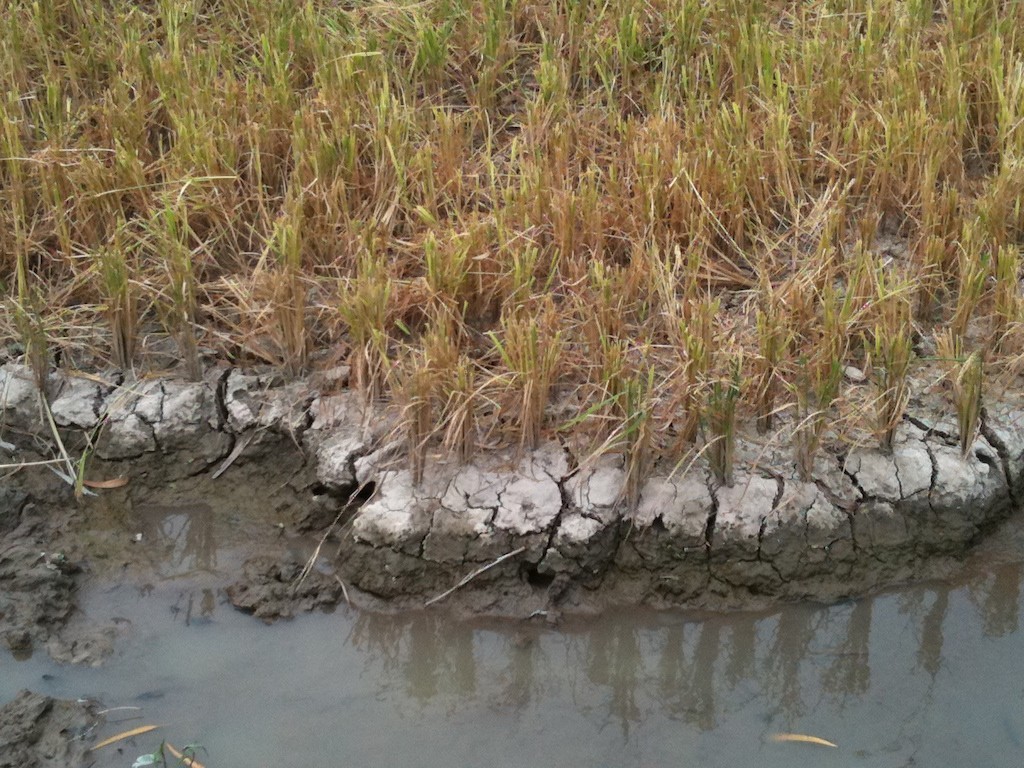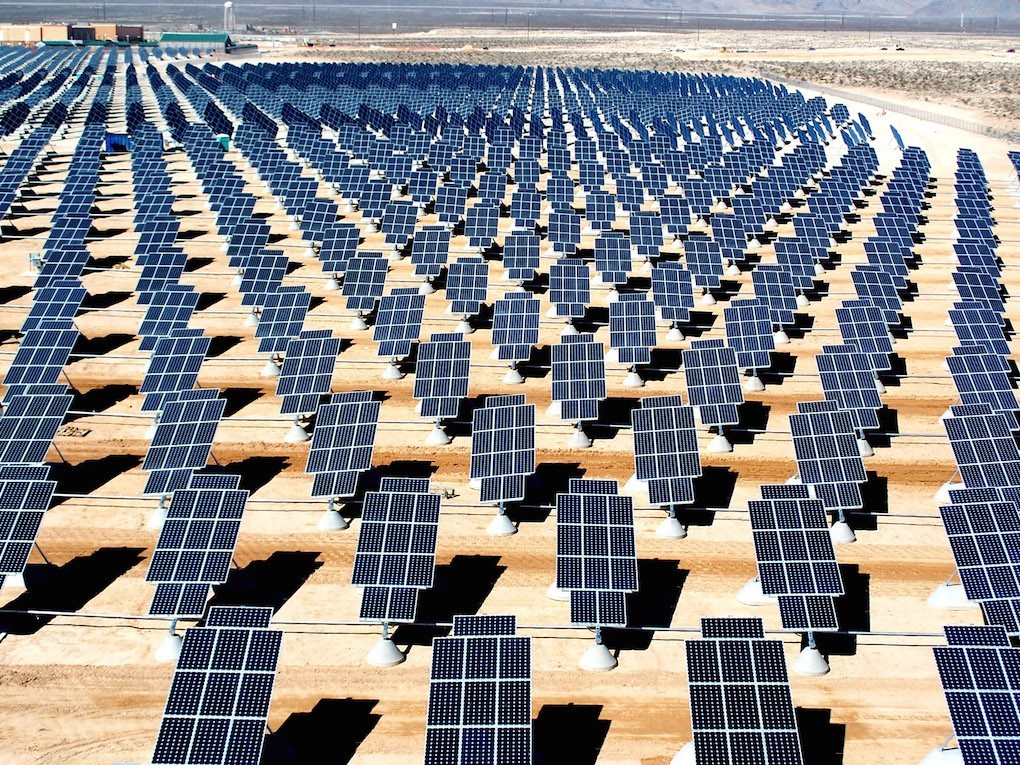As the enthusiastic narrative from the recent Paris climate change agreement continues, conversations with Thai journalists offer a cautionary data point that may resonate beyond this society of sixty million.
“Other than the words climate change, the fundamental issues behind it, actions to address it have really not been much of a concern to the Thai people,” says Paritta Wangkiat of Bangkok Post, one of the only Thai journalists to cover the Paris talks. “At best it’s a trendy slogan to deploy when discussing unusual weather patterns. But there is a serious lack of commitment from policy makers and society including media organizations to take part in the global effort to reduce CO2.
Some 6,000 journalists worldwide applied for accreditation, and facilities were available to service 3,000 at one time, but it seems there were not many from the Mekong region.
“We didn’t receive any application from Thailand,” says James Fahn, director of Earth Journalism Network that offered fellowship for 40 journalists from 26 countries to cover the COP. “Paritta is the only is the only journalist from the (Mekong) region we had with us in Paris,” Fahn adds.
As a senior journalist and lecturer on journalism with long working experience in Thailand and other Mekong countries, Fahn writes his reflection at the conclusion of the Paris talks.
Paritta Wangkiat of Bangkok Post
There still remains a huge language gap. English is the language of climate change, says Thanawat Phetlorlian, senior environmental reporter from Thai-language Post Today. “Even with funding opportunities from non-profits to support journalists from developing to travel to Paris, many Thai journalists are not qualified because of the English barrier,” adds Thanawat.
While poorer nations may be interested in $100 billion dollars committed in Paris to help them respond to climate change in the next five years, this represents less than 1.5% the amount that will be spent on oil during that time, even maintaining prices at the current historical low.
Even though Thailand may be facing problems with coastal impacts and changing weather patterns affecting agriculture and surface water management, there’s no real domestic climate change agenda.
The Thai delegation was is not that active in Paris, observes Paritta. They sat behind G77 leadership and did not have much to say during the conference.
“Perhaps this is partly because of the lack of media and public pressure,” Paritta notes. “The Filipino delegates, for example, organized briefings for their national press corps every evening. Interaction with media might have contributed them being active at the official meeting.”
Editors are not that interested either, Thanawat of Post Today adds. It is much cheaper and easier to pull a wire service report when seeking international coverage than having any real commitment to a domestic climate change beat.
So despite the fanfare, it sure looks like it will be business as usual with the actions, reporting and coverage in Thailand.
Image: Carlos Garcia
Note: Earth Journalism Network is one of the sponsors of The Mekong Eye






